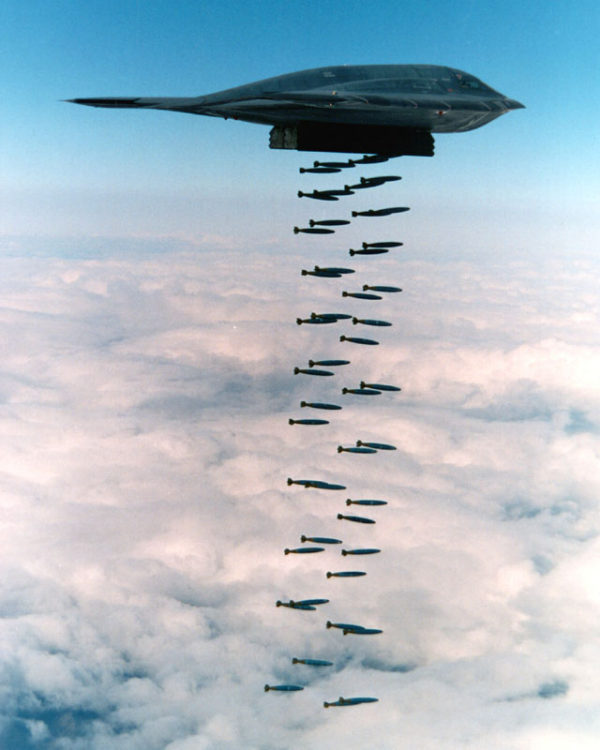Can Philosophers Keep Politics And Economics Apart?
Organized society mostly promotes separation of Church and State, as well as separation of powers such as between legislative, executive and the judiciary. This separation prevents for the most part corruptive enterprises also known as white collar crime, whereas (in other cases) sometimes the opposite is required i.e. to integrate, coordinate or to provide seamless operations.
An additional function requiring more separation these days is “economics and politics†while another function requiring less separation is “philosophy and politicsâ€.
These functions can be combined in a continuum as follows:
| Politics | Philosophy | Economics |
Philosophy both separates politics from economy and serves as the balancing point between the two. We can see this in current Western civilization.
Imagine that politics decided to implement the liberal-democratic ideology for all countries. Initially this leads to fair economic growth and most people are happy because one benefit punted by this ideology, was that it will increase the middle-class. This would also lead to stability in the populace that would benefit both lower and upper classes.
But after a few generations, some people became unhappy because the economy is not good. Corporations cannot make money, so economists initiated the quantitative easing “experiment†to see if that will help. Since money was no object for corporations anymore, they promptly attempted to revitalize the middle-class. Then this failed too.
The problem is that the middle-class does not want money. Then pressure on corporations increase even further and that depletes the middle-class even further. Investors get agitated and put pressure on politicians, but politicians do not realize they have to change their ideology, so they go dark.
Disentangling oneself from this mess allows a more focused view. Politicians are feverishly playing their own “system†while economists are feverishly playing another “system.†This is getting so bad nowadays, that politicians become economists and vice versa, while everybody loses.
One way to keep them all honest (and wealthy) is to insert unbiased philosophers inbetween.
Take a specific example such as the European Union. It is a monetary union separated from its political union. Being a monetary union means businesses get priority, this allows for the importation of cheap labor from Africa. However, this is not politically tenable, leading to a serious growth in political opposition that may actually break the monetary union apart.
A philosopher-king can impose a mediating force. Neither economics nor politics alone can solve this situation, since economics will sacrifice all other disciplines for lowest cost and highest efficiency, and politics rewards what is popular at the moment.
Instead, we need a continuously monitored stabilizing factor. Philosophy looks at what is true, not what humans want to think is true or what benefits some but not all aspects of society, as economics does. By virtue of peering into long-term consequences, and their effect on civilization as a whole, philosophy mediates the extremes of politics and economics, which ultimately should be seen as tools toward the ends that philosophy defines.
When we removed the power of the kings, we took away the arbitrary strong power required to say “this is the right thing to do, even if it will not appear that way for centuries or millennia.” This is what philosophy does: it compares truths, and finds the most realistic ones, and matches them up with our rarely-articulated inner desire for greatness, meaning, mystery and significance.
Economics, as a tool and not a goal in itself, has a tendency to burn itself out by dominating the field and then for short-term gain, rendering necessary long-term implements unnecessary. Similarly, politics sacrifices the invisible stability and health of a civilization for panics and trends. Without a balancing factor in the middle, these two positive forces become destructive ones.
This theme appears in all organizations where dark organizational tendencies erupt within. The part stands for the whole, the tool becomes the master, and the short-term obviates long-term needs. Dark organizational might be seen as this process of parasitism, where purpose becomes hijacked by convenience.
As applied to the contemporary Western Civilization, this concept means more than a desire for philosopher-kings: we need a balance, or unison, between the different types of power in our society so they work together toward the same goal. More than fighting political problems on the surface, this promises a saner future by fixing the root of our disorganization.
Tags: civilization design, dark organization, economics, institutions, philosophy, politics, systems










